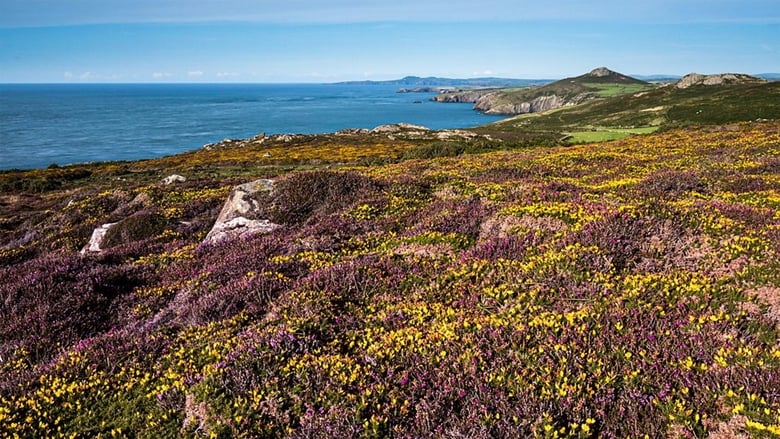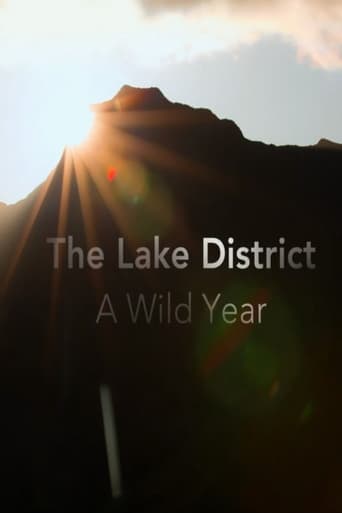
A Wild Year is a unique insight into the nature of three iconic regions of the British countryside: The Pembrokeshire Coast, The North York Moors and The Fens.
Seasons & Episode
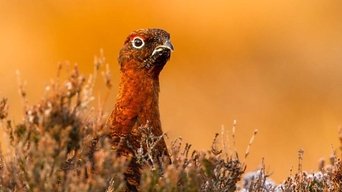
The Fens of East Anglia are ancient wetlands that support the greatest diversity of wildlife found in Britain and have enriched the lives of people for thousands of years.
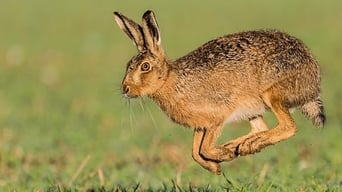
Water has always been the driving force in East Anglia - its ebb and flow has shaped the fenland. The ancient wetlands once covered hundreds of square miles, but today, well over 90 per cent has been drained and converted into farmland. Every winter, thousands of whooper swans return to the flooded pastures of the Ouse washes from their Arctic breeding grounds. On the Welney Wetlands, spring sees `mad" march hares boxing over mates. It was once thought these bouts were male hares boxing for dominance, but it is often the females throwing the punches to fend off the attentions of over-eager suitors.
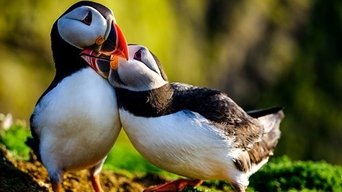
In Northeast England lies a wild and remote landscape - The North York Moors. The heather-clad uplands and sheltered dales have been shaped both by the elements and by people over the millennia. Hardy Swaledale sheep roam the high moors all year round only coming down to the lowlands for lambing and shearing. Red grouse, which are only to be found in Britain, feed and breed among the heather alongside curlews and other ground-nesting birds. Billions of purple heather blooms provide nectar for the bees, brought to the moors by beekeepers in the summer. Spectacular Emperor Moths also depend on the heather as food for the large caterpillars which spin themselves silk cocoons to protect them in the winter months. Using a spectacular range of time-lapse techniques, A Wild Year brings fresh insight into the restless rhythms of the British countryside and explores how and why these extraordinary places are the way they are.
You May Also Like
Top Streaming TV Show










